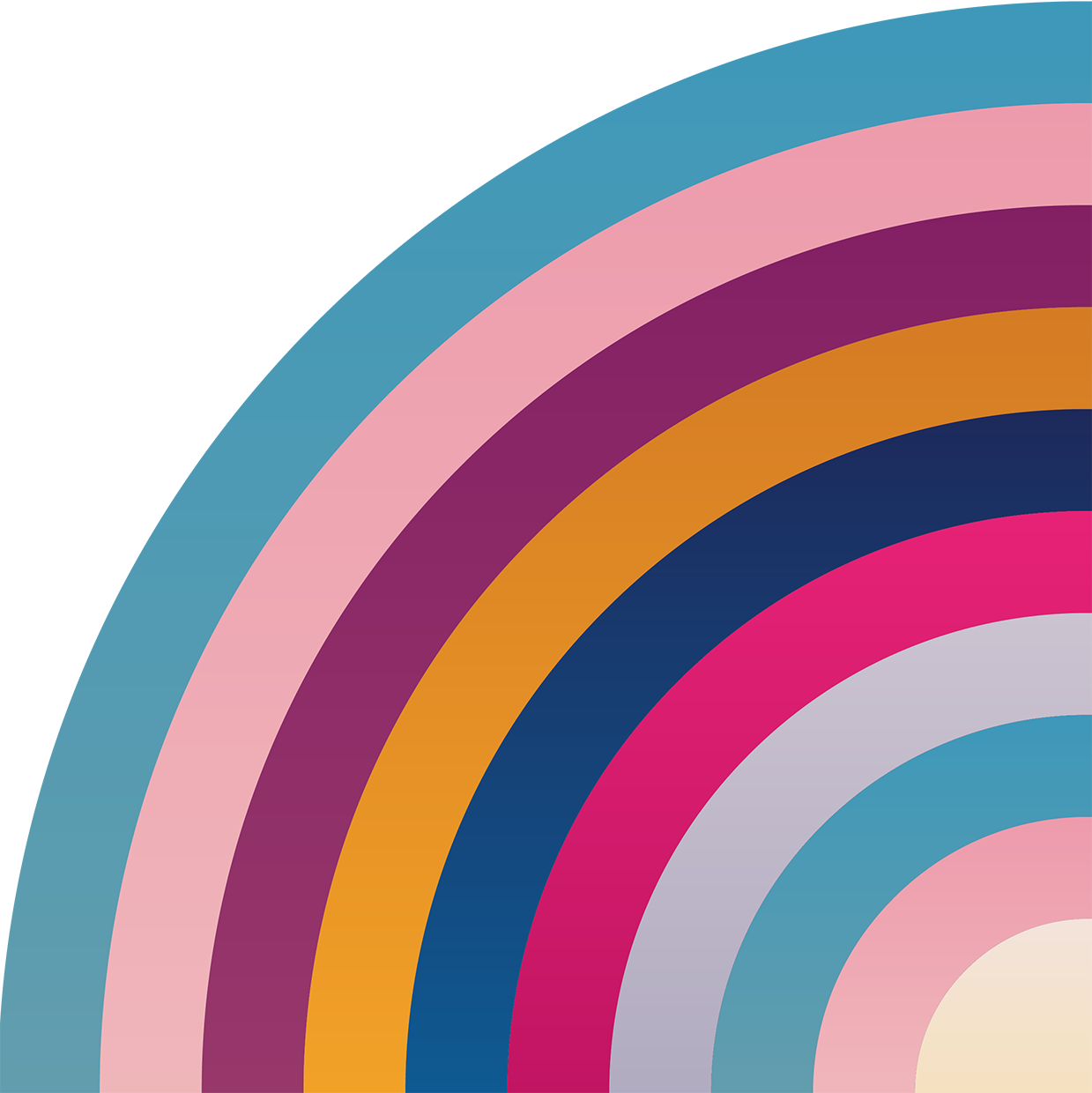
How do you define a meaningful connection with someone else?
For some of us, it’s that feeling when we leave a conversation and are already looking forward to the next. For others, it’s the ability to immediately bond over shared interests or experiences. For others, it’s a feeling, a vibe, a sense that another person intrinsically “gets” us—that they’re on our side.
These are just a few of the forms a personal connection can take. Like friendship or love or family, it’s something unique to every person, something ingrained in our humanity, something at once obvious and yet practically impossible to define. It’s kept poets, playwrights, and philosophers busy since, well, forever. And as we hurtle through the 21st century, puzzling through it has only become more complicated.
Which raises the question: If it’s already tough to define what makes a successful in-person connection, how do we go about talking about the ones that happen online?
I’m not sure I (or anyone) can answer that complex query. But all of us at Ruby have been thinking about it a lot lately. I figure it’s time to jump in with the poets and philosophers, and add our own perspectives as customer experience experts into the mix. Let’s take a closer look at why more people are meeting online than ever before, along with some tips on making meaningful connections in the virtual space.

Why more personal connections are forming online
Why are online connections so important? Well, in an increasingly digital world…
Wait, let me stop myself there.
I hear that phrase a lot. I’m betting you do too. In fact, a cursory Google search brought up dozens of articles with that exact phrase in the title. I don’t know about you, but I feel like it’s time to move forward and embrace our reality for what it is. The world isn’t becoming increasingly digital. It’s already all-digital.
For better or worse, every imaginable facet of our lives has been touched by technology in some way.
Some of us tend to focus on the “or worse” part—fretting about the next cyberattack or wondering if it’s worth liquidating our 401k to purchase an NFT. And it’s true that digital anxiety is a very real problem in our society. However, there’s also the “for better” part of the equation to consider as well.
Despite what dystopian sci-fi might have led you to believe, technology is meant to support human connections, not replace them. Robots aren’t using apps to collaborate with coworkers, discuss their favorite hobbies, or even fall in love—people are. It’s why a third of new relationships now begin online, and it’s what’s allowed more people to find friendship online as social distancing has kept us physically further apart.

Where are these connections happening?
The internet is famous—or more accurately, infamous—for providing its denizens with near-total anonymity. And, unfortunately, it only takes a few minutes of scrolling through YouTube comments to see how dark things can get when personal accountability isn’t a factor.
But while it’s certainly important to call out the harmful behavior of online trolls, we also shouldn’t overlook the positive interactions that outnumber these toxic comments by approximately one trillion to one (according to this author’s estimates).
Most of these take place through online channels built to bring like-minded individuals together in a virtual space. In the offline world, these are referred to as “third places,” spaces away from home and work where people meet to socialize—think bars, yoga studios, salons, and so on.
Online, these third places take the form of party chats, forums, fan groups, and many others. These safe digital spaces break down traditional physical and cultural barriers, allowing people from all corners of the globe to bond over shared interests.
The result: tight-knit communities that support and uplift their members in much the same way as their IRL counterparts. We’ve seen countless examples of these groups stepping up to help one another in times of crisis. From crowdfunding to subscriptions to finance the work of independent artists, it’s becoming increasingly clear that online altruism, patronage, and assistance for people in need is now the rule, not the exception.

How to form meaningful connections in the virtual space
Relationship advice is a perennially popular topic. Dale Carnegie’s How to Win Friends and Influence People has sold more than 30 million copies since its publication in 1936. And it seems like there are more podcasts dedicated to dishing out interpersonal hacks than almost any other subject.
I have more modest aspirations for this humble blog post. Like you, I spend most of my workday—and a whole lot of my personal time—behind my laptop. Here are a few tips I’ve picked up that have helped me form a handful of authentic connections online:
Find your community.
The internet is mind-bogglingly vast—with over 1.5 billion webpages and counting. But even if you limit your search for the right community down to just the most popular social networking sites, it can still feel overwhelming.
Platforms like Reddit and Instagram use algorithms to suggest communities and topics they think their users might find interesting. While this can be a helpful starting point, it’s much better to go beyond the algorithms and seek out groups on your own. Your online experience is yours to customize and curate! The great thing about these massive platforms is that no matter how specific your interests, you’re likely to find others who share your passion.
Engage with others.
Participation in online communities isn’t mandatory. You can be as active as passive as your schedule (or internet connection) allows. However, as with any relationship, nurturing is the name of the game.
Don’t be afraid to share your thoughts or engage with others. See someone you think you have a lot in common with? Shoot them a direct message or reply to their thread. Even the occasional like or upvote is enough to signal that you’re active within the community. Remember: when it comes to making connections, the more you put in, the more you get out.
Be your best self.
You’re bound to have the occasional disagreement with someone online, even those in your network. Whether it’s regarding the color of a certain dress or which Star Trek captain would win in a fight—some people just don’t get it.
Still, it’s important to keep in mind that there’s another human being behind every avatar and username. Taking the high road is always the best option. You know what they say: “If you don’t have anything nice to spam chat with, don’t type anything at all.”
Find more ways to connect with your customers—both online and off.
Those are our tips for making meaningful connections online—whether you’re a seasoned web surfer or a net newbie. Come to think of it, they can be used in the real world too (score!).
And if you’re a small business owner looking for ways to better serve your customers online, these tips are sure to come in handy as well. That’s because a growing number of consumers expect the same level of personal, exceptional service across every touchpoint with your business.
Both online and off, there’s never been a more important time create meaningful connections with your audience.
Fortunately, we have plenty of resources ready to help you do just that. Head over to our small business resource hub to get started!



